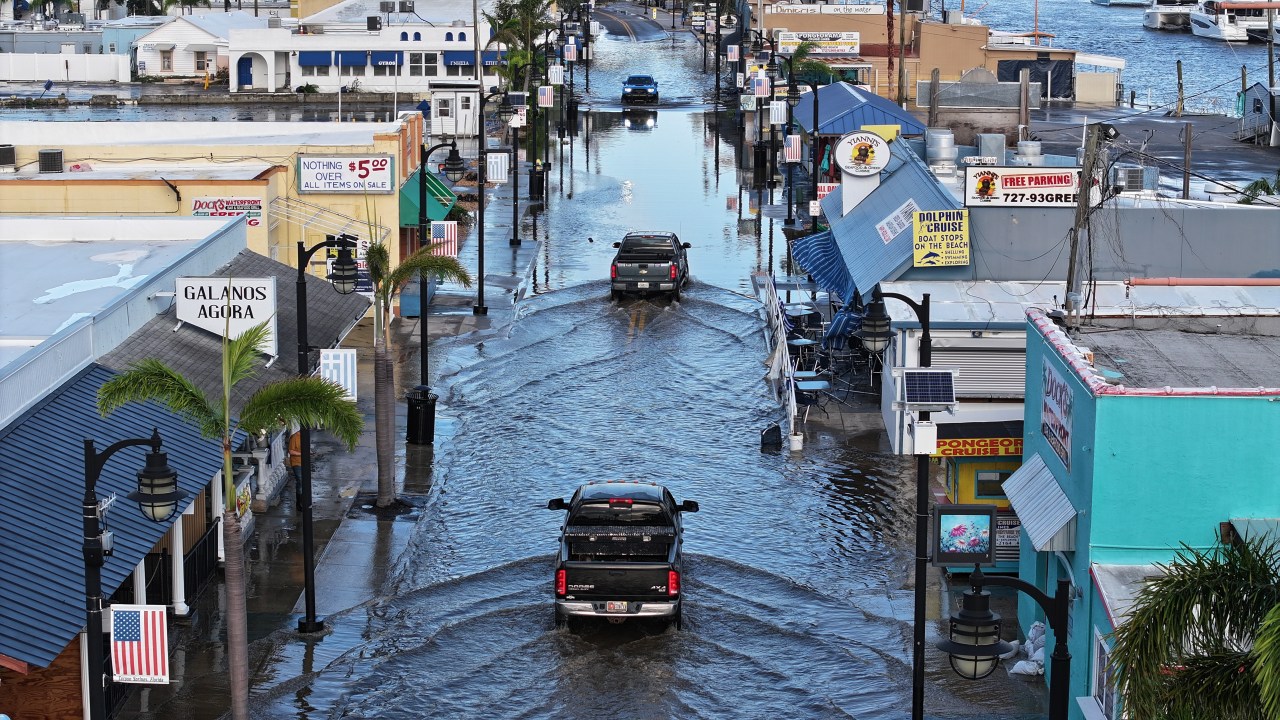
Business owners: FEMA ‘denied’ assistance at every turn after Helene
(NewsNation) — Hurricane Helene hit Florida hard months ago, and the co-owners of NorthFlora Collective, Keith and Racquel Pogge, say they and many other small businesses are still waiting for assistance from the Federal Emergency Management Agency or have been denied at every turn.
“We actually were never able to deal with FEMA,” said Keith Pogge. “So, we weren’t able to get any type of assistance from them. We tried through FEMA, and we tried through our state and local government. We were denied at any kind of turn. So, we had to do everything ourselves through our insurance.”
FEMA’s new boss, David Richardson, acknowledged the agency has lacked a complete disaster response plan. And now with hurricane season just two weeks out for the country and many in the southern states, people like the Pogges are hoping FEMA this time will be ready if disaster strikes.
“We have hurricanes every year,” Keith Pogge said. “In Florida, it’s just a thing with life here. Hopefully, FEMA and other responding companies are ready for it.”
Racquel Pogge added, “It only seems to keep getting worse.”
Many people expressed concern about the lack of response from FEMA even before Hurricane Helene hit, and they remain suspicious because Richardson doesn’t have a background in emergency management.
“It would be a hard thing to walk through,” said Racquel Pogge. “We had a 100% total loss of our business last year, and that was really hard to recover from. And having somebody who maybe isn’t capable or knows everything about every step of the way would have made that a very difficult journey back to recovery.”
FEMA has received its fair share of criticisms in the past for how it has operated, and the Pogges think a few changes — streamlining, assistance in helping people and being more accessible — would benefit immensely.
Time will tell if FEMA makes the necessary steps to change its response, but if they don’t, other Americans will continue to be at risk.
“There’s going to be a lot of people who have issues with their businesses, and with their livelihoods, and with their homes,” said Keith Pogge.



